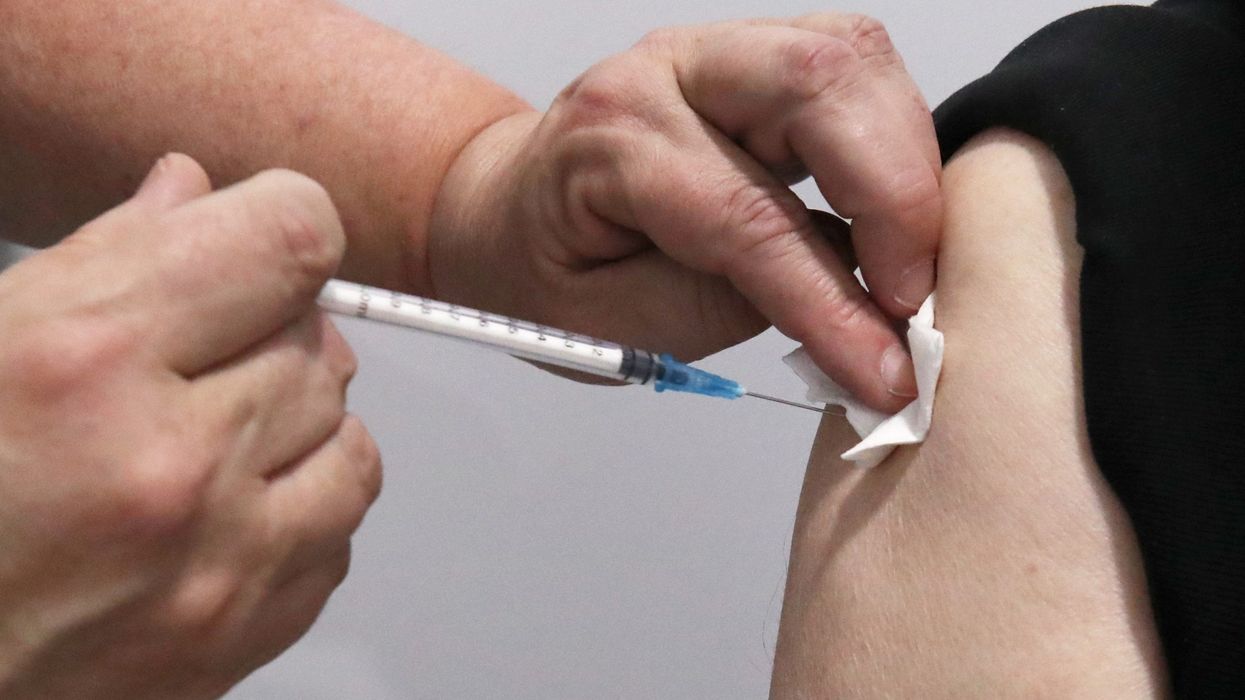The government will continue to provide COVID-19 vaccinations to frontline health and social care staff and care home workers in the autumn 2024 programme
The government has accepted the Joint Committee on Vaccination and Immunisation's (JCVI) advice for the autumn 2024 COVID-19 vaccination programme.
According to the JCVI, the following groups will be eligible for vaccination this autumn:
- Individuals aged 65 and over
- Residents of care homes for older adults
- Those aged 6 months and older in clinical risk groups
Minister for Public Health and Prevention, Andrew Gwynne, emphasised the importance of protecting vulnerable populations from COVID-19 and reducing pressure on the NHS.
He said: “We are committed to protecting those most vulnerable from COVID and have accepted the independent advice from the JCVI for the autumn 2024 vaccination programme.”
“I encourage anyone invited for a vaccine to get one as soon as possible to protect yourself and reduce pressure on the NHS during winter, helping to cut waiting times and get the health service back on its feet.”
Additionally, Gwynne announced that the government will continue to offer COVID-19 vaccinations to frontline NHS and social care workers and staff in care homes for older people this autumn.
The JCVI did not recommend including frontline health and social care workers, staff in care homes for older adults, unpaid carers, and household contacts of immunosuppressed individuals in the national programme.
The JCVI suggested that health and social care service providers consider setting up an occupational health vaccination programme for frontline workers, similar to the existing flu vaccine programme.
However, since implementing a new occupational health programme before autumn 2024 is not feasible, the JCVI recommended that health departments might opt to continue offering vaccinations through the national programme this autumn.
Consequently, the government has decided to maintain the provision of COVID-19 vaccinations to frontline health and social care staff, as well as staff working in care homes for older people, in the autumn 2024 programme.
Earlier, the JCVI advised NHS England to move the start of the flu vaccination programme for most adults to the beginning of October.
This change is based on evidence showing that the flu vaccine’s effectiveness can decrease over time in adults.
The goal is to complete the majority of vaccinations by the end of November, aligning more closely with the start of the flu season.
Bases on this advice, NHS England has confirmed the following start dates for the commencement of the service for pharmacies and general practices:
- 1st September 2024: Pregnant women
- 3rd October 2024: All other eligible adult patients
In previous years, flu vaccinations have been offered from September.
The NHS will not cover the cost of vaccinations administered outside these specified dates.
Pharmacy teams should inform their patients about the later start to the programme and the reasons behind NHS England's decision.
Community Pharmacy England has developed a poster to help communicate this information in pharmacies.













